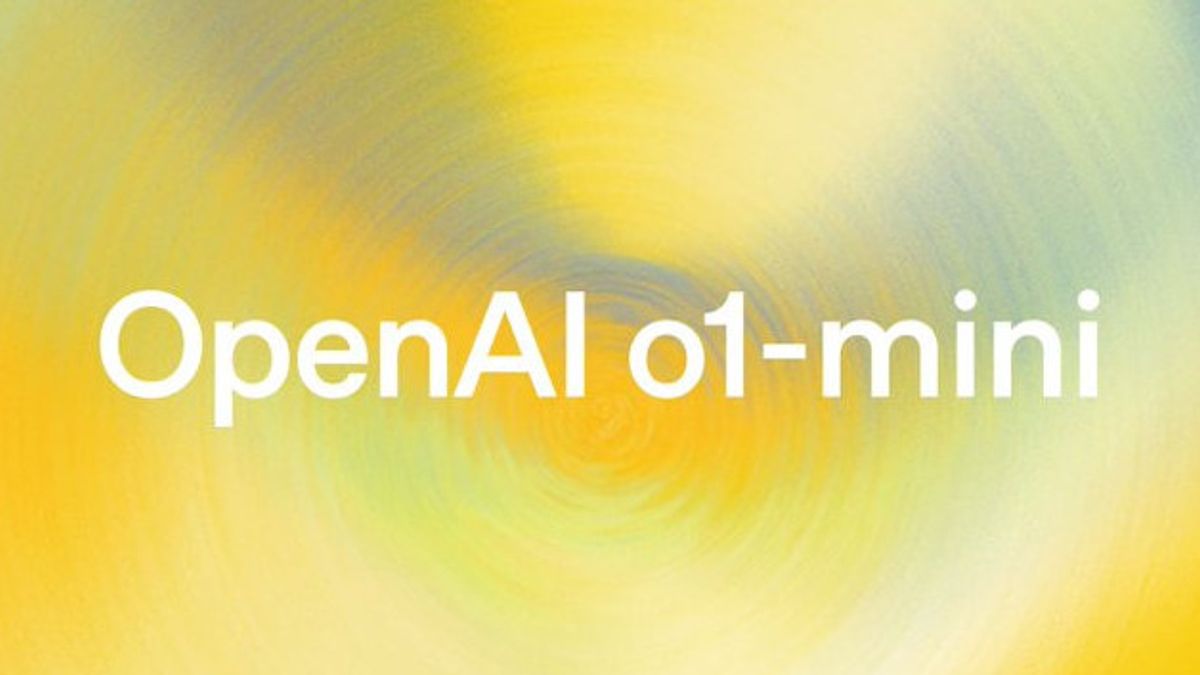JAKARTA - OpenAI, an artificial intelligence company backed by Microsoft, launched a series of new tools on Tuesday, September 1 designed to make it easier for developers to build AI-based applications. The move comes amid rising competition with tech giants such as Google and Alphabet who are also developing increasingly sophisticated AI-generational technologies.
One of the new tools introduced is a real-time system that allows developers to create AI voice apps more easily. With this tool, developers only need to use a set of instructions to create applications that previously required at least three separate steps: first, describe audio, then run a text model to provide answers to questions, and lastly use a text-to-speech model to convert text into sound. This simplified process is expected to accelerate development time and reduce costs for companies looking to leverage voice AI technology.
OpenAI has become one of the main players in the AI industry, with most of its revenue coming from businesses that use company services to build their own AI apps. By introducing this advanced capability, OpenAI hopes to further strengthen its position in competitive markets.
Competition in the generative AI industry is getting tighter along with other tech giants like Google, which also integrates their AI models to deal with various forms of information, including video, audio, and text. This puts OpenAI under pressure to continue to innovate and present more efficient solutions to developers.
Reuters reports that OpenAI is expected to increase its revenue to 11.6 billion US dollars (Rp177.3 trillion) by 2025, a significant increase from the estimated US$3.7 billion (Rp56.5 trillion) by 2024. In addition, the company is also in the middle of raising funds worth US$6.5 billion (Rp99.3 trillion), which has the potential to increase its valuation to US$150 billion (Rp2.2 quadrillion).
Fine-Tuning and Prompt Caching features
As part of the launch of this new tool, OpenAI also introduces a fine-tuning feature that allows developers to fine-tune the responses generated by AI models based on images and text. These fine-tunings involve feedback from humans, which provides examples of good and bad responses to models, so that AI can learn to provide a more relevant and accurate answer.
By using images to fine-tune models, AI can have a better visual understanding, which can be used in a variety of applications, such as more sophisticated visual searches and more accurate object detection on autonomous vehicles.
SEE ALSO:
In addition, OpenAI also launched a "Prompt Caching" tool that can cut development costs by half. This tool allows developers to reuse text sections that have been processed previously by AI, making the application creation process more efficient.
In the midst of the rapid development of AI technology, there are concerns regarding regulations and their impact on user privacy and security. OpenAI and other technology companies must adapt to increasingly strict regulations, especially in terms of data usage and transparency in the operation of AI models.
Despite this, OpenAI remains optimistic that their innovation will continue to encourage the advancement of AI technology in various sectors, including the development of increasingly sophisticated and user-friendly voice applications.
With the new tools being launched, OpenAI hopes to continue to provide AI solutions that are faster, more efficient, and easily accessible to developers around the world, while maintaining their position at the peak of a generating AI technology competition.
The English, Chinese, Japanese, Arabic, and French versions are automatically generated by the AI. So there may still be inaccuracies in translating, please always see Indonesian as our main language. (system supported by DigitalSiber.id)


















